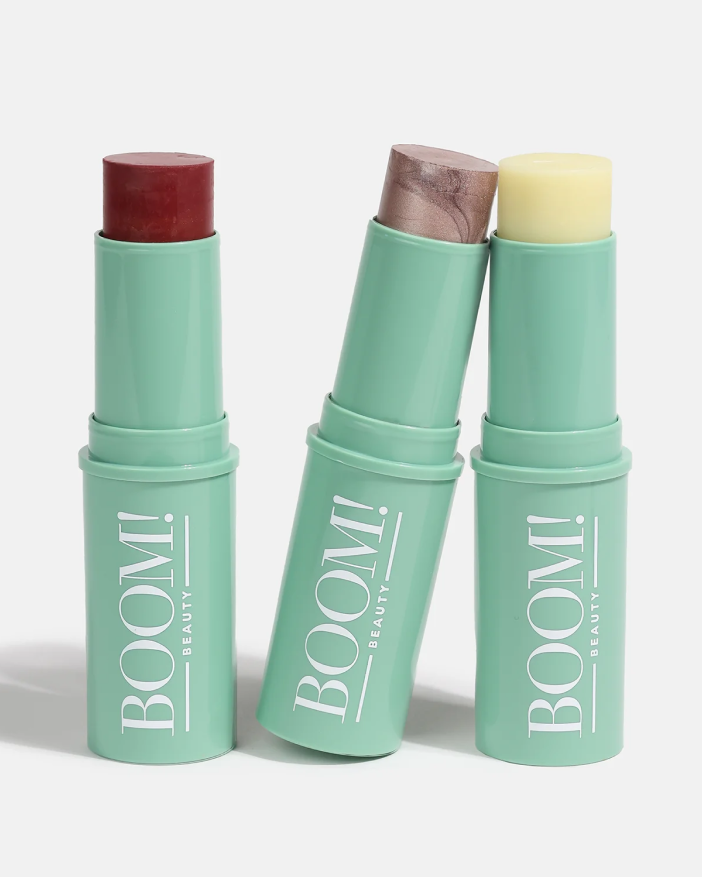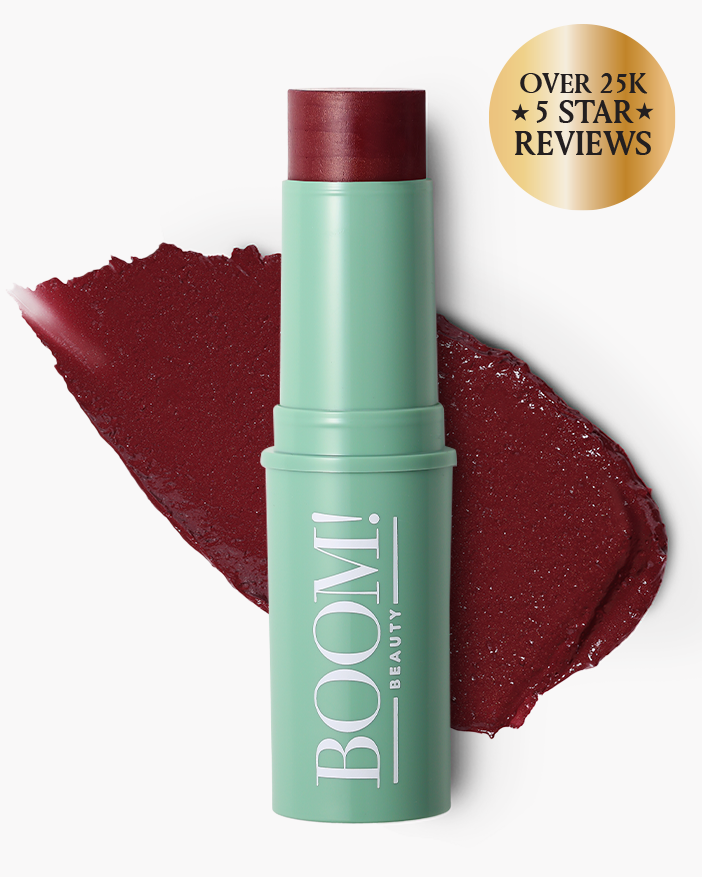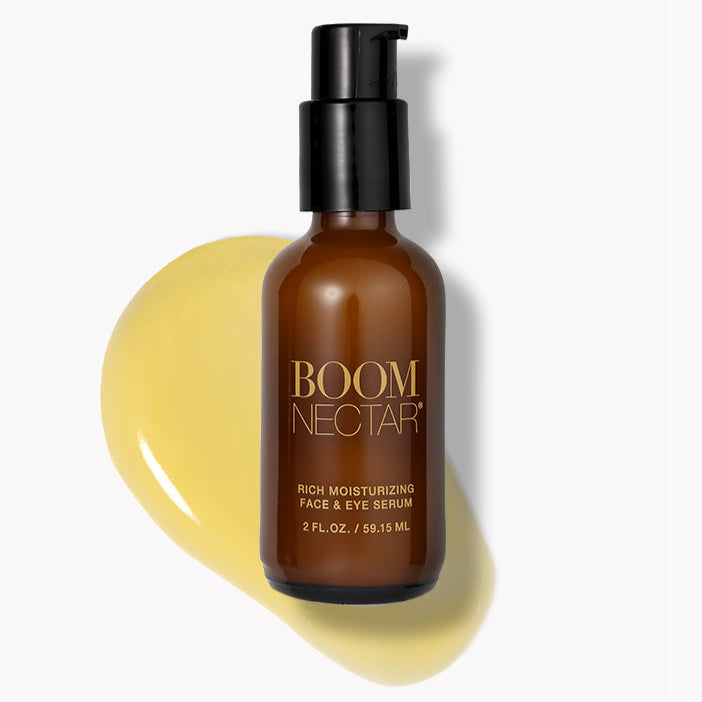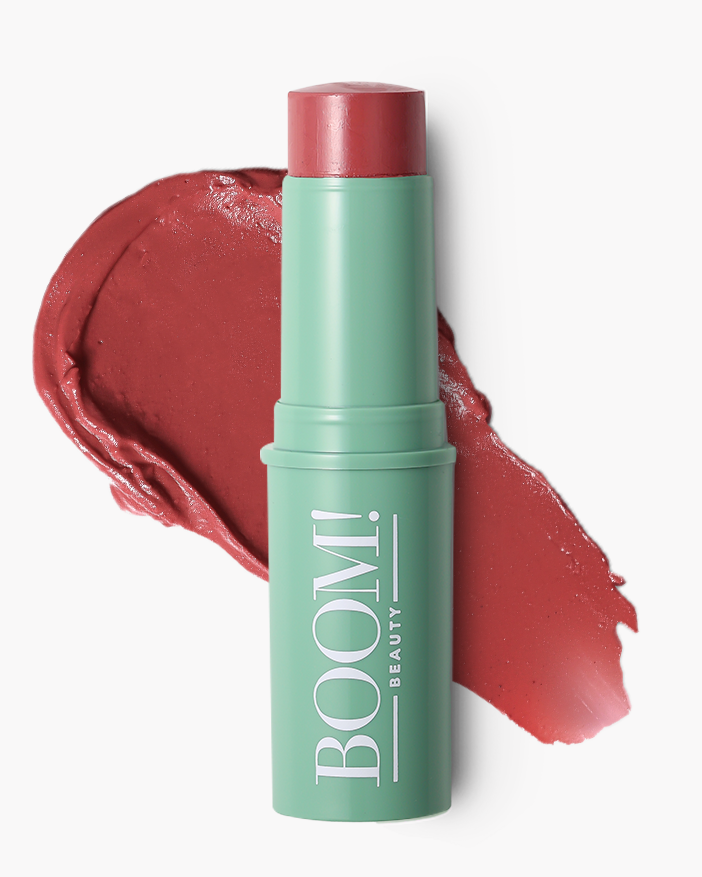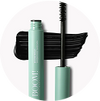Finding The Words
Video Transcript:
Hey, ladies. I'm back. It's Saturday. Welcome to "Saturday's with Cindy." And if you've been around a while, it's so fun you keep coming back, and we get to hang out like this. And if you're new and this is the first Saturday with Cindy you've ever seen, well, get ready because I'm going to give you an earful.
I have never had a problem with talking. Ask my friends as they nod off because I keep going on and on and on. However, I really try to focus on things that I have heard you would like me to speak about, what I'm enthusiastic about, what turns me on, and gets me going.
So very recently, my daughter recommended a book to me that she had just read that she loved. This book is by Robert Johnson who is apparently alive today in his '80s, and he studied under Carl Jung. And boy, does he know how to articulate. So I got this book, "The Fisher King and the Handless Maiden," by Robert Johnson.
He's written a few books, and, well, he is one of his more famous books. he, understanding masculine psychology, SHE, understanding feminine psychology, etc., etc. So the interesting part of this to me has to do with the balance of masculine-feminine. We all grew up in a male-oriented patriarchal society.
Oh, and I have to tell you about this film I just saw called "Makers," www.makers.com. It is a beautiful documentary about the history of women in America from the beginning of the national organization of women through the women's liberation movement. It is something else. And you get to hear the women that were the spearheads, the leaders, and the organizers of everything that happened to pave the way for us today.
And them talking about their lives and looking back at what they experienced back then, and what fired them up to do what they did. It's so inspiring. So bringing it back to the male-oriented, male-dominated society where women couldn't work, couldn't vote. We fought for those things, got them. But just 45 years ago, we were not hired by law firms to practice law. We were expected to be the secretaries.
It just blows my mind that it was only 45 years ago, within my lifetime that that was going on. So bringing in the feminine. Now, we all have a masculine and feminine energy inside of us, every human being, male or female. But we are so highly influenced by society and our culture, our families, the way we're raised.
And I was definitely raised to track on my more masculine side. Be independent, stiff upper lip, bite the bullet, go for it, be independent, and that's all very hard. I was not taught to be soft and go with the flow and... How do I even describe the feminine? I'm still learning. I'm still becoming that, and my daughter is leading the way.
So I am going to read an excerpt that blew my mind. "This book is about our wounded feeling function. Probably the most common and painful wound which occurs in our western world. It is very dangerous when a wound is so common in a culture that hardly anyone knows that there is a problem.
There is general discontent with our way of life, but almost no one knows specifically where to look for its origin. Thinking is that cool faculty which brings clarity and objectivity but provides no value in. Sensation describes the physical world but provides no value in. Intuition suggests a wide range of possibilities but provides no value in. Only feeling brings a sense of value and worth. Indeed, this is its chief function without feeling there is no value judgment.
To lose one's feeling function is thus to lose one of the most precious human faculties, perhaps the one that makes us most human. We can understand the term feeling more accurately if we define it as the capacity to value or to give worth to something." I love this. "People who have a finally differentiated feeling function bring grace and good feeling with them. One feels valuable in their presence." That is so delicious.
"The feeling function is a casualty of our modern way of life. To search out the loss or woundedness of this most valued faculty is the task of this book. A wounded feeling function is so common in our western world, that one must completely leave the civilization to gain insight into the problem." So traveling to Europe, traveling to India gives you a perspective to look back at America and see how little we are encouraged to feel. So check this out.
"The first difficulty we meet in discussing anything concerning the feeling function is that we have no adequate vocabulary to use. Where there is no terminology, there is no consciousness. A poverty-stricken vocabulary for any subject is an immediate admission that the subject is inferior or depreciated in that society.
Sanskrit has 96 words for love. Ancient Persia has 80. Greek, three, and in English, only one. This is indicative of the poverty of awareness or emphasis that we give to that tremendously important realm of feeling.
Eskimos have 30 words for snow because it is a life and death matter to them to have exact information about the element they live with so intimately. If we had a vocabulary of 30 words for love and matters of feeling, we would immediately be richer and more intelligent in this human element so close to our hearts. An Eskimo would die of clumsiness if he had only one word for snow. We are close to dying of loneliness because we only have one word for love."
Man, put that in your cup of coffee today, and think on that. You're going to have to tell me how you like me reading to you. I don't know if it's distracting. Maybe you'd rather just get the book and read it for yourself. I've already read that out loud four times because it turns me on so much.
It's so articulate in describing where we are as a society, having many words for love. Think about how much that would turn you on. The love you have for a child and another word for the love you have for a sibling, or for a parent, or for the sunset, or for yourself to be able to articulate an emotion, a feeling so specific.
So, we all grew up in a society that is poverty-stricken in the area of sharing our feelings with other human beings. And that's the feminine. That is the feminine. That's what we hunger for. That's what we want. That's what we need. That's part of being human-balanced. I can't wait to hear what you have to say about that. So I'm done for today, but I'll be back next Saturday. See you then.
CHECK OUT OUR MOST POPULAR CONTENT


